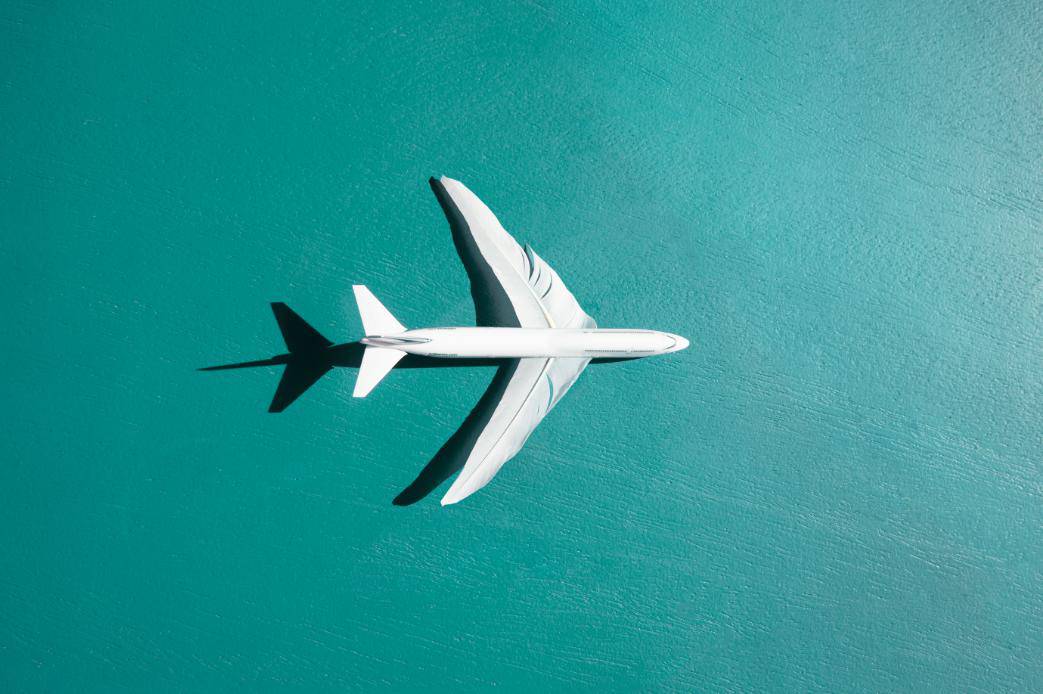Sustainable Transport: The Top Five Made-in-HEC

Transport that doesn’t pollute as much? When you don’t love oil, you create something else…
Philippe Berterottière (H.82) and Bertrand Simion (H.87)
Within two years, the luxury cruise line Ponant will be operating a cruise ship that runs on electricity and liquid natural gas (LNG). “Its two fuel tanks contain gas liquified at minus 160 ° Celsius, which it will use to power its engines,” explains Philippe Berterottière (H.82), CEO of GTT, the Engie subsidiary that developed this innovative vessel. And, 20 LNG-powered cargo ships will soon be added to the CMA CGM fleet. The French group is also partnering with IKEA and GoodShipping to test a biofuel that will reduce emissions of greenhouse gases by 80% to 90%. “This is a global first,” explains Bertrand Simion (H.87), head of the group’s central lines. It’s a significant initiative, since the shipping sector, which handles 90% of worldwide freight traffic, has committed itself to cutting its CO2 emissions in half by 2050.
Cécile Villette (MBA.16)
Two former PwC consultants — Cécile Villette (MBA.16) and Rihab Jerbi – joined forces with Bérengère Lebental, a graduate of Ecole Polytechnique, to launch Altaroad, a start-up specializing in nanotechnologies and civil engineering. Their offering? Mini-sensors set into pavement to register traffic and vehicle weight in real time. Altaroad now has many clients among companies operating industrial sites (construction projects, quarries, ports, etc.), including construction-energy giants like Eiffage. Altaroad sensors also have applications for road networks: the data they collect can be used to anticipate a road’s maintenance needs. “Repairing a street has a much lower environmental impact than building a whole new street,” Cécile Villette points out, adding, “Vehicles pollute less when they’re driven on well-maintained roads.” Altaroad was singled out by Challenges magazine as one of “100 start-ups to invest in in 2019”.
Benjamin Levine (H.09) and Youssef Tagemouati (H.08)
DHL, Mondial Relay, Relais Colis and now GLS: the fledgling company Tousfacteurs has caught the attention of big-time transport leaders with its “carbon-free” evening delivery service. Packages are delivered by bike messengers whose locations can be tracked in real time. The company’s own algorithm optimizes routes. Co-founded by Benjamin Levine (H.09) and Youssef Tagemouati (H.08), the start-up handles deliveries seven days a week until 10 PM. It’s a big time slot.
Arthur Barillas (H.17)
Ovrsea digitalizes international transport and tracks freight movements in real time thanks to a satellite network. “Visibility is the key to the supply chain: the more predictability you have, the fewer stocks you will need, and you will have the chance to sometimes substitute maritime transport for air transport (which generates 10 times more CO2 emissions),” explains Arthur Barillas (H.17), who co-founded the start-up with his classmates Mathieu Mattei and Brieuc André.
Thibaut Ardaillon (H.06)
Sweden, the Netherlands, the United States…Keolis exports its expertise in ecological public transport. The French leader operates fleets of 100% electric buses in Amiens and in the Bayonne and Biarritz region. It also won a contract this summer to operate carbon-free buses in Bergen, Norway’s second-biggest city: 136 buses, mainly electric, that will transport 17 million passengers per year. In addition, Keolis will soon be operating the second-biggest fleet of electric buses on the U.S. east coast. And, its Canadian subsidiary, of which Thibaut Ardaillon (H.06) is the director of finance, planning and performance, is the North American leader in electric school buses. One way to make the younger generation aware of the advantages of zero-carbon mobility.
Published by Thomas Lestavel

